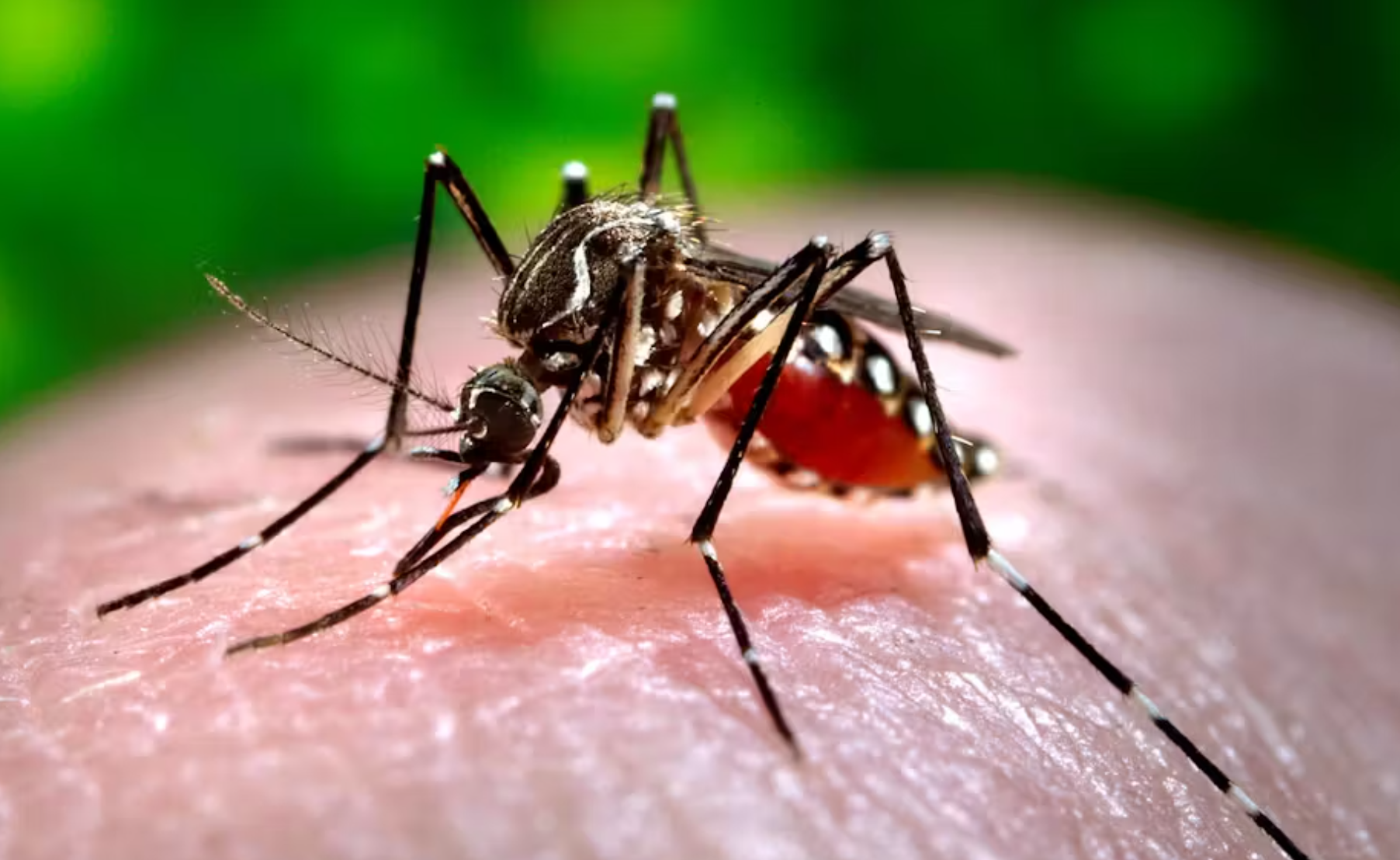Global Situation – Dengue Fever

As of 30 April 2024, over 7.6 million dengue cases have been reported to WHO in 2024, including 3.4 million confirmed cases, over 16,000 severe cases, and over 3,000 deaths.
While a substantial increase in dengue cases has been reported globally in the last five years, this increase has been particularly pronounced in the Region of the Americas, where the number of cases has already exceeded seven million by the end of April 2024, surpassing the annual high of 4.6 million cases in 2023. Furthermore, this is three times what was reported during the same period in 2023, highlighting the acceleration of this health problem.
Dengue virus is transmitted to humans through the bite of infected mosquitoes. Cases are most commonly asymptomatic or result in mild febrile illness. However, some cases will develop severe dengue, which may involve shock, severe bleeding or severe organ impairment. The risk of dengue is similar across regions, countries, and within countries. Currently, 90 countries have known active dengue transmission in 2024, not all of which have been captured in formal reporting. In addition, many endemic countries do not have strong detection and reporting mechanisms, so the true burden of dengue globally is underestimated.

To strengthen global surveillance, and monitor temporal trends and disease incidence, WHO has established a global dengue surveillance system with monthly reporting across all WHO regions, which is now available on their website. This has so far captured 103 countries including 28 zero reporting countries.
Given the current scale of the dengue outbreaks, the potential risk of further international spread and the complexity of factors impacting transmission, the overall risk at the global level is still assessed as high and thus dengue remains a global threat to public health.







